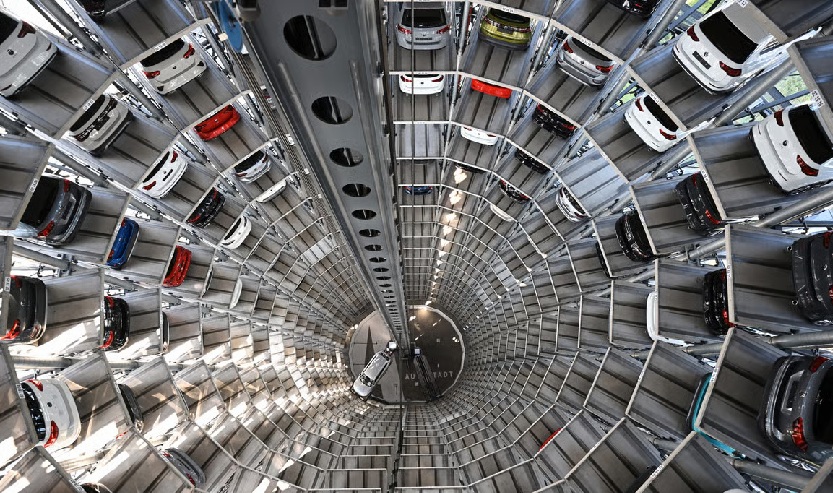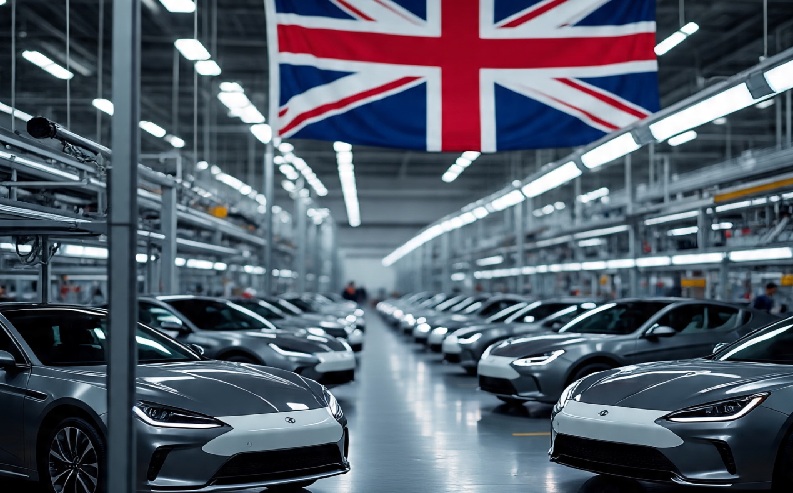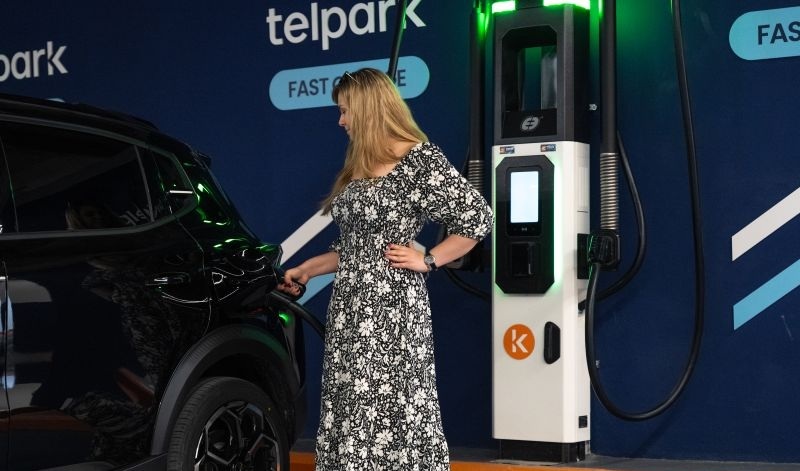Passenger car registrations in Germany rose by 11.1% in July, totalling 264,802 units, according to figures released on Tuesday by the German Federal Motor Transport Authority (KBA).
In July, 102,369 newly registered cars were hybrids, accounting for 38.7% of the total, including 27,197 plug-in hybrids (10.3%).
Battery electric vehicles (BEVs) represented 18.4% of new registrations. With 48,614 new BEVs registered, this propulsion type was up 58% compared to the same month last year.
Meanwhile, 72,192 cars were powered by petrol engines (27.3% of the total), and 40,529 were diesel-powered (15.3%).
The commercial vehicle segment also showed positive developments, especially buses and coaches, which rose by 39.5%.
Semi-trailer tractors increased by 12.3%, resulting in an overall 1.4% rise in tractor registrations in July 2025.
Truck registrations were up 10.2%.
Which models were most popular in Germany?
Among German brands, Mini (+54.0%), Porsche (+37.0%), Ford (+29.2%), VW (+25.5%), Opel (+17.5%), BMW (+15.8%), and Mercedes (+7.1%) all recorded increases in registrations.
VW remained the leading German brand by market share.
In contrast, Smart (-12.5%) and Audi (-11.6%) saw declines in new registrations.
Among imported brands, Skoda posted the strongest growth compared to the same month last year, with an 8.8% market share, up 23.7%, followed by Seat with a 5.0% share.
With over 5,000 new registrations each, high-volume import brands Renault (+47.5%), Dacia (+19.1%), and Hyundai (+4.5%) also recorded growth.
Conversely, Kia (-8.0%), Fiat (-7.9%), Volvo (-5.6%), and Toyota (-4.8%) saw declines in this segment.
READ MORE
-
UK updates eligibility criteria for the Electric Car Grant
The UK Government sets new technical and environmental requirements that manufacturers must meet for their electric vehicles to qualify for grants of up to £3,750.
-
Deftpower raises €12.5M to boost European growth and enhance its AI-powered charging tech
Deftpower aims to make EV charging cheaper, cleaner, and smarter for drivers and CPOs, while easing pressure on Europe’s congested power grids.
-
Ekoenergetyka: Investing in EV charging at car parks is more crucial now than ever before
Public car parks are no longer just simple transit points. With the addition of chargers, they are becoming strategic hubs for electric mobility. What is Ekoenergetyka’s strategy?










